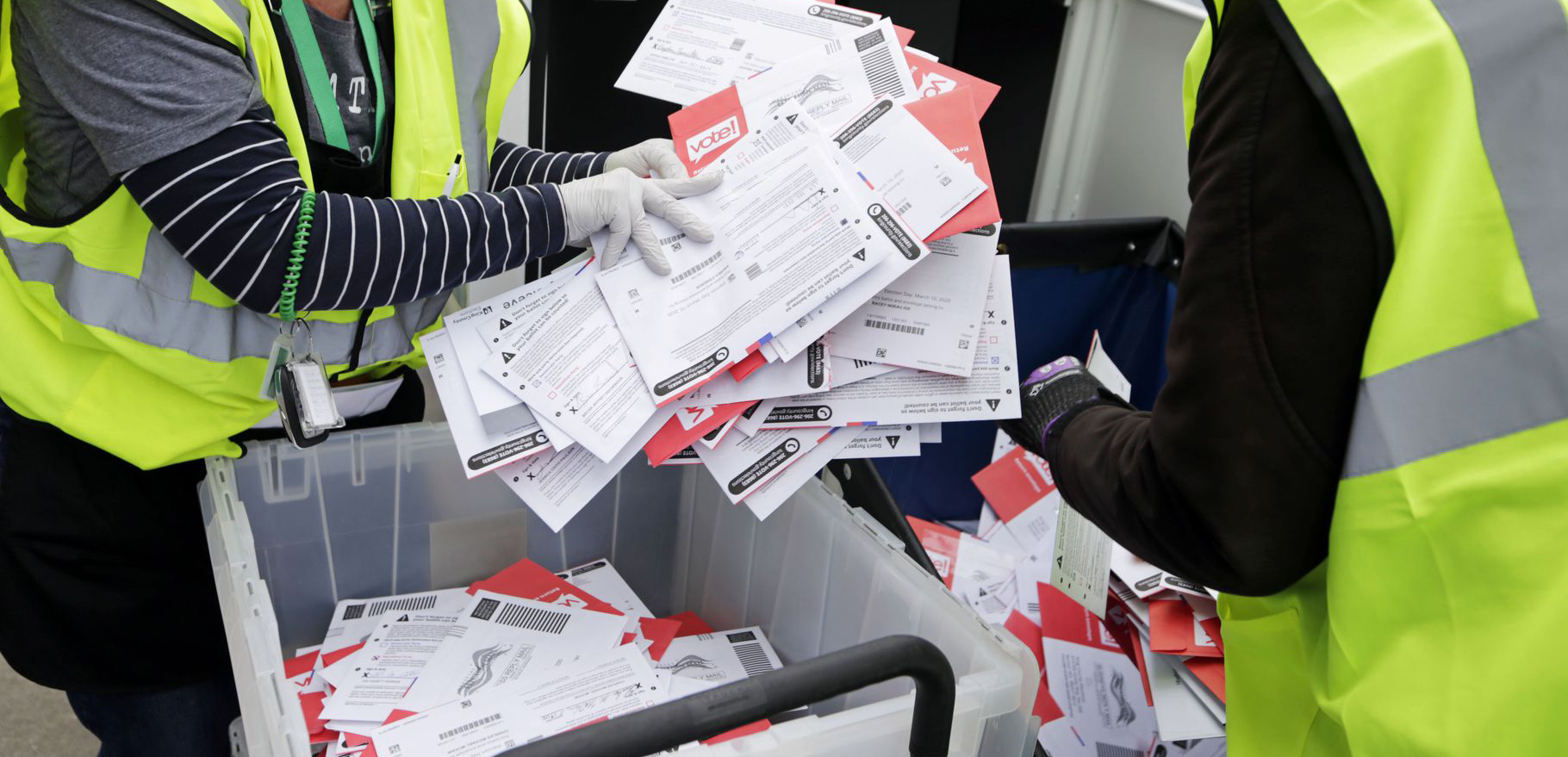Kerby Anderson
It’s one thing to read about voter fraud in a news article. It is quite another to read about it in a court document or legal opinion. Three judges on the Fifth Circuit Court of Appeals blocked an attempt to allow all voters in the state to vote by mail because of the pandemic. In his concurring opinion, Judge James Ho took the time to cite other judges and legal opinions warning about the dangers of voting by mail.
Many citations seemed to be making a case against voter IDs by suggesting that in-person voting is much safer than voting by mail. By focusing on the importance of in-person voting, they also were making the case against voting by mail.
For example, judges in one case cited “Indiana’s own experience with fraudulent voting in the 2003 Democratic primary” was a fraud “perpetrated using absentee ballots.” The legal opinion went on to explain that “much of the fraud” that has occurred in various elections nationwide “was actually absentee ballot fraud or voter registration fraud.”
One brief found “extensive problems with absentee ballot fraud” in various elections including one election that “was overturned on the basis of absentee ballot fraud.” Another brief by the Brennan Center argued that when voter fraud was detected, “it generally takes the form of organized fraud,” including “use of fraudulent absentee or mail-in ballots.”
Judge Ho even cited their court opinions that concluded that “mail-in ballot fraud is a significant threat” so much so that “the potential and reality of fraud is much greater in the mail-in ballot context than with in-person voting.”
After reading many of these citations in legal opinions, it is easy to see why the court ruled against attempts to expand mail-in voting.
 Listen Online
Listen Online Watch Online
Watch Online Find a Station in Your Area
Find a Station in Your Area








 Listen Now
Listen Now Watch Online
Watch Online
